It’s the summertime, a time when many of us prefer to be idle. If you are pursuing more relaxing endeavors, make sure your assets keep working hard for you. In brief, here are three considerations:
- Have you fully maximized tax-advantaged accounts? By now, you have likely received your Notice of Assessment from the Canada Revenue Agency (CRA) for your 2022 taxes. Do you have available RRSP or TFSA contribution room? The latest statistics suggest there is over $1 trillion of unused RRSP contribution room available.1 Similarly, most TFSA holders have not maximized their contribution room.2
- Do you have unclaimed assets? The number of unclaimed or forgotten assets continues to grow, serving as a reminder of the benefits of consolidating financial accounts to prevent assets from becoming orphaned over time. The latest reports suggest that $1.1 billion of unclaimed balances are held by the Bank of Canada. The CRA has 8.9 million uncashed cheques equating to over $1.4 billion. Does any belong to you? To search for unclaimed assets, see: www.unclaimedproperties.bankofcanada.ca/app/claim-search. Check your CRA “My Account” for unclaimed cheques at: www.canada.ca/en/revenue-agency/services/uncashed-cheque.htmlactive.
- Are you keeping in good standing with the CRA? Consider that the CRA’s prescribed rate, which is adjusted quarterly based on prevailing interest rates, currently stands at 5 percent.3 More prominently, the interest charged on insufficient or late instalments, other remittances and penalties, has risen to nine percent! This may be particularly notable for investors who make quarterly instalment payments or remit payroll taxes for a small business: Be on time to avoid costly interest charges!
The CRA continues to crack down on tax mishandling. Recently, it held back tax refunds for those who incorrectly claimed pandemic benefits, recovering $237 million.4 It continues to monitor real estate transactions to curb non-compliance for property sales and unreported capital gains, completing over 61,000 real estate audits. The Residential Property Flipping Rule that began this year is intended to support the CRA in clarifying a taxpayer’s obligations, with profits from the sale of a property held for less than 365 days generally treated as business income.
- At 2016; Statistics Canada Table 111-0040 “RRSP Room”; 2. www.canada.ca/content/dam/cra-arc/prog-policy/stats/tfsa-celi/2019/table3-en.pdf; 3. www.canada.ca/en/revenue-agency/services/tax/prescribed-interest-rates.html; 4. www.cbc.ca/news/politics/cra-witholding-tax-refunds-pandemic-benefits-1.6829594




